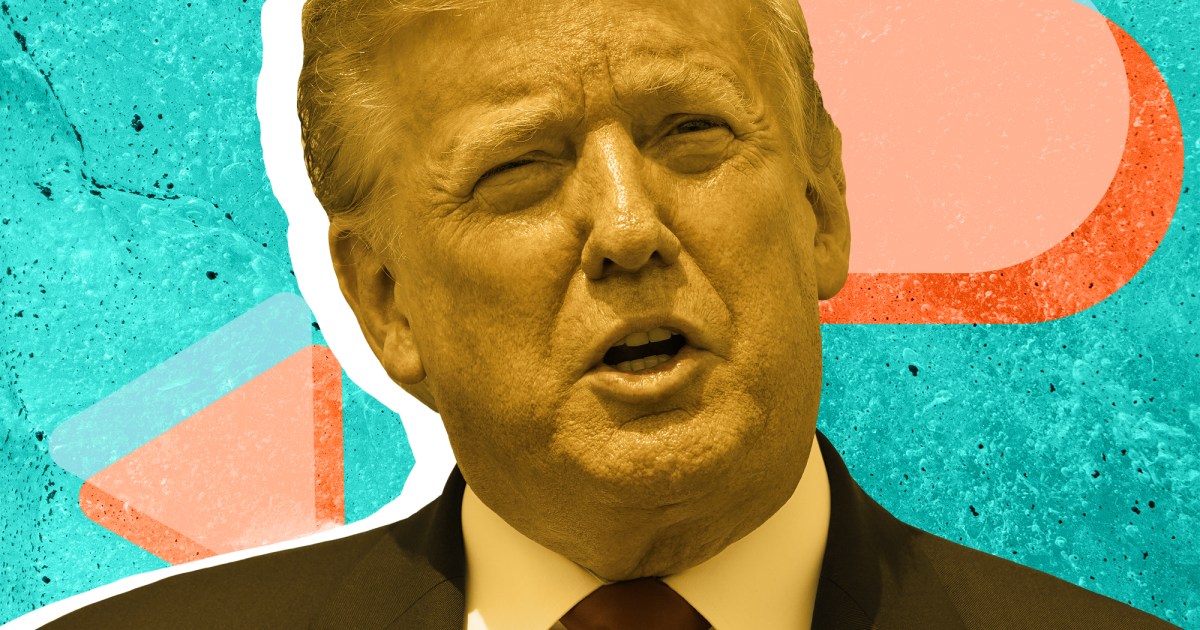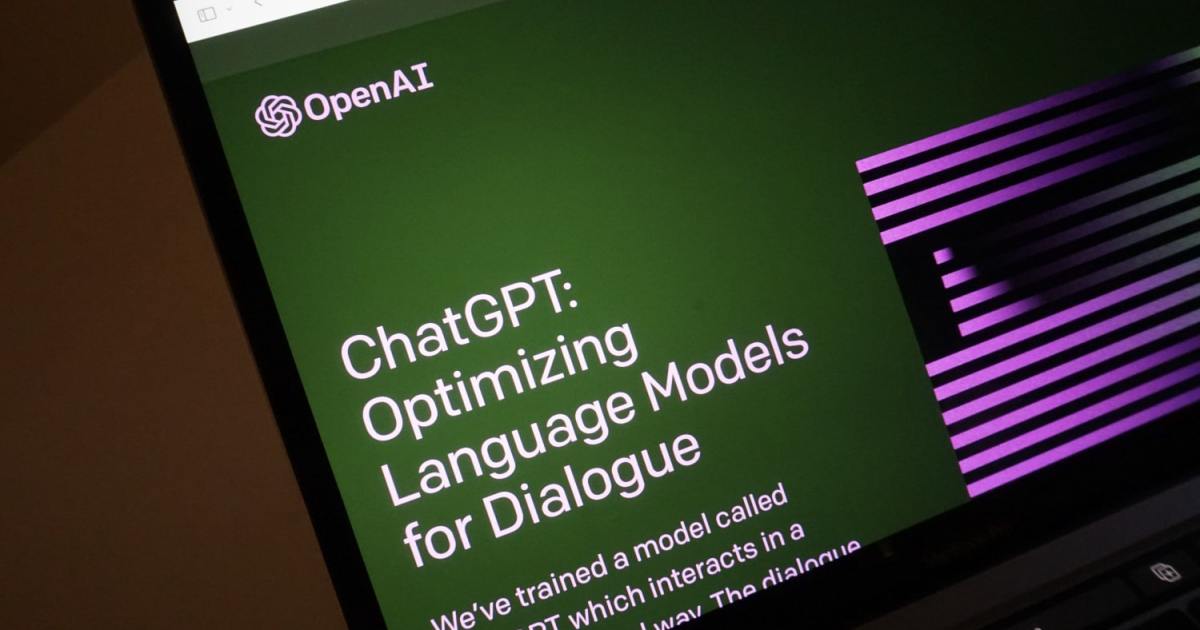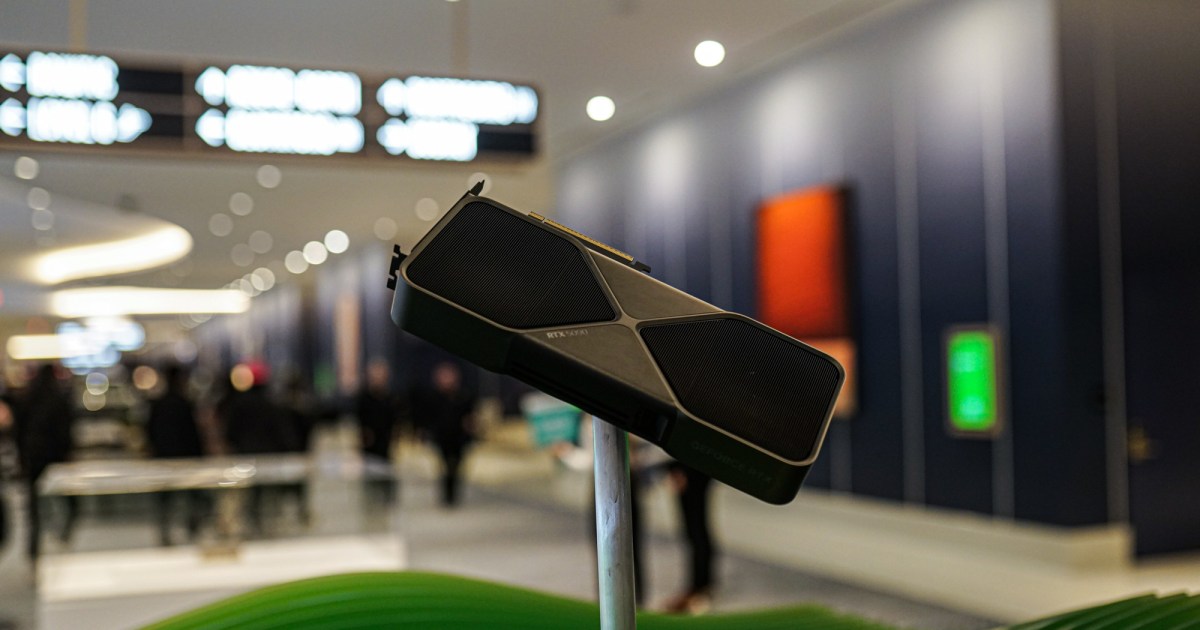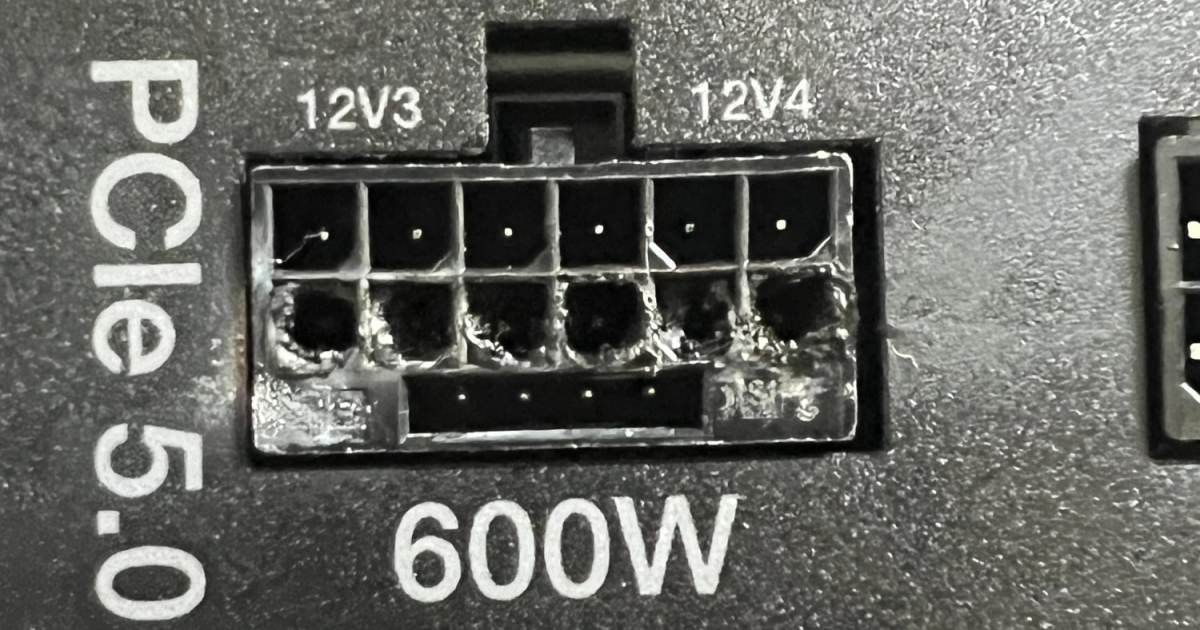The Trump administration has reversed a key executive order implemented by former President Biden aimed at mitigating the risks associated with artificial intelligence. This action took place during a wave of repeals of previous executive orders on Trump’s first day back in office. The rescinded order, known as the “Executive Order on the Safe, Secure, and Trustworthy Development and Use of Artificial Intelligence,” addressed potential societal harms from AI, including fraud, discrimination, and bias. The White House website now returns 404 errors for links to the revoked order.
Biden’s order, issued in October 2023, recognized the dual nature of generative AI, acknowledging both its potential benefits and risks. It tasked the National Institute of Standards and Technology (NIST) within the Commerce Department with guiding companies on identifying and rectifying bias in large language models. Further provisions included safeguarding American jobs from AI-driven displacement, enhancing personal information protection, and fostering open and equitable AI markets. Microsoft previously lauded this executive order as crucial.
This reversal is part of a broader sweep of around 75 executive orders rescinded by the Trump administration, including Diversity, Equity, and Inclusion (DEI) initiatives, which the administration argues have negatively impacted U.S. institutions.
Trump’s move aligns with his 2024 campaign promises to roll back consumer AI protections. He advocated for “AI development rooted in free speech and human flourishing.” However, specifics on his alternative approach remain unclear, mirroring his previous stance on replacing the Affordable Care Act. The long-term fate of Biden’s AI protections remains uncertain, given Trump’s past characterization of generative AI as both a “superpower” and a technology with “alarming” potential.
This repeal raises questions about the future direction of AI regulation in the United States. While the Biden administration prioritized safeguarding against potential harms, the Trump administration’s focus appears to be on deregulation and promoting free speech within the AI landscape. The lack of concrete plans from the Trump administration creates uncertainty regarding the development and deployment of AI technologies and their potential societal impact.
The implications of this decision for the AI industry, consumers, and national security remain to be seen. The absence of federal guidelines on AI safety and bias mitigation could lead to a less regulated environment, potentially exposing vulnerable populations to discriminatory practices and other unforeseen consequences. The long-term effects of this policy shift will likely depend on future legislative actions and the evolving relationship between government and the rapidly advancing field of artificial intelligence.











